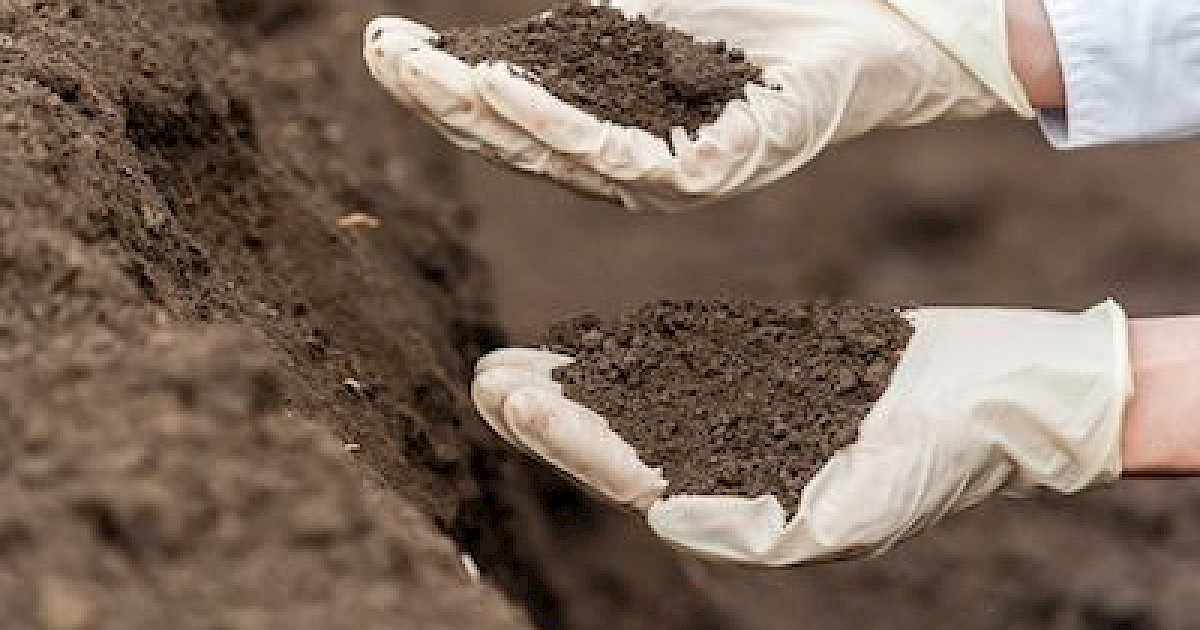Arizona’s diverse landscape has various ranges and that includes deserts as well as forests. It also presents some unique challenges and also offers opportunities for those who call this arid state home. At the heart of Arizona’s ecological tapestry lies its soil which is a critical component that influences the health of ecosystems, sustains agriculture, and plays a vital role in water conservation as well. Today we will be checking out the fascinating world beneath our feet, exploring the characteristics, challenges, and conservation efforts surrounding Arizona’s soil. So without making any further delay let’s get into the article to check out the details.
The Arid Challenge:
Arizona’s climate is primarily arid, characterized by low rainfall and high temperatures which is creating a challenge for soil health, as arid soils tend to be sandy and less capable of retaining moisture. Understanding the composition of these soils is crucial for successful agriculture and landscaping in the region.
Soil Types in Arizona:
It also offers various types of soil each with its own unique properties. In the northern regions, you’ll find soils influenced by volcanic activity, while the southern deserts are dominated by sandy and clayey soils. So it is necessary to learn about the soil types in your area is essential for making informed decisions about landscaping, gardening, and conservation efforts.
The Importance of Soil Conservation:
Given the arid conditions, soil conservation is paramount in Arizona. Erosion, a common challenge in many regions, can be mitigated through strategic planting, contour plowing, and the use of cover crops. Soil conservation practices not only preserve the integrity of the land but also contribute to water conservation, a critical concern in this water-scarce state.
Soil Amendments for Arizona Soils:
To enhance soil fertility and structure, incorporating organic matter is key. Compost, well-rotted manure, and other organic amendments can improve water retention and nutrient levels. Understanding the specific needs of your soil type will help you choose the right amendments for optimal plant growth.
Challenges and Solutions:
Urbanization, agriculture, and climate change creating significant challenges to Arizona’s soil health. Soil erosion, salinization, and the loss of organic matter are pressing issues. Sustainable land management practices, such as agroforestry, contour farming, and responsible water use, are essential for addressing these challenges.
The Role of Soil in Water Conservation:
Arizona’s water resources are limited, making efficient water use crucial. Healthy soil acts as a sponge, allowing for better water infiltration and retention. By focusing on soil health, individuals and communities can contribute to water conservation efforts and promote sustainable water use practices.
We believe that now you are able to understand the matter in detail and if you find any doubts then do share in the comments section below and we will be clearing it with a different article about the same.
- About the Author
- Latest Posts
A passionate advocate for all natural and sustainable ideas. With a background in sustainable economics science and a deep love for nature, Sojy has dedicated his career to promoting eco-friendly practices and encouraging others to live a more sustainable lifestyle. He is an avid hiker, gardener, and cook, and loves experimenting with natural ingredients in his recipes and lifestyle routines. Sojy believes that small changes can make a big impact and is constantly seeking out new ways to reduce his carbon footprint and inspire others to do the same




